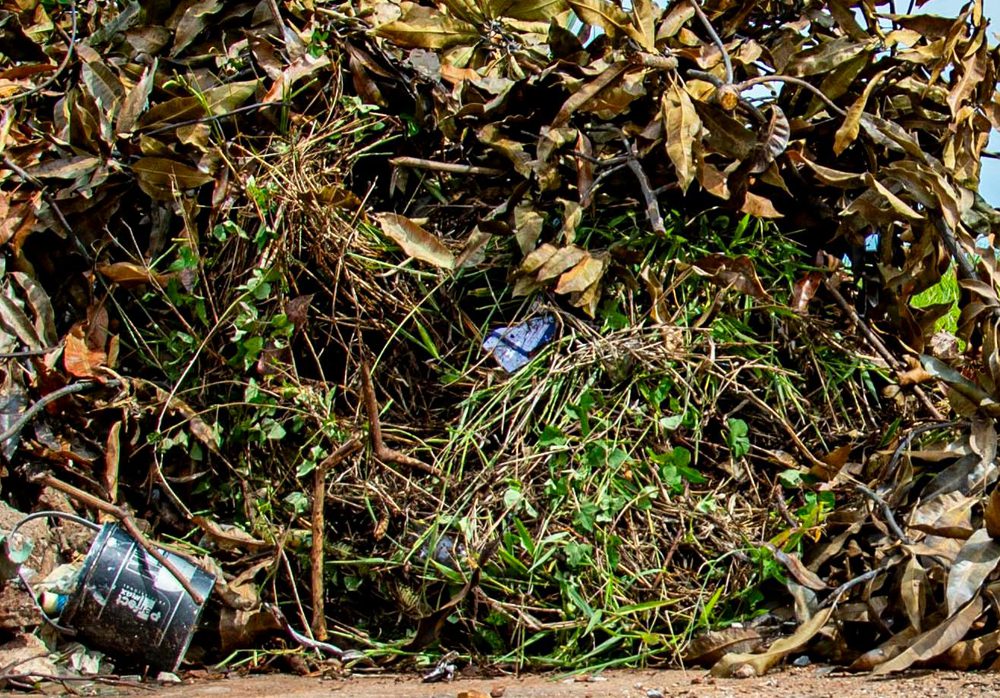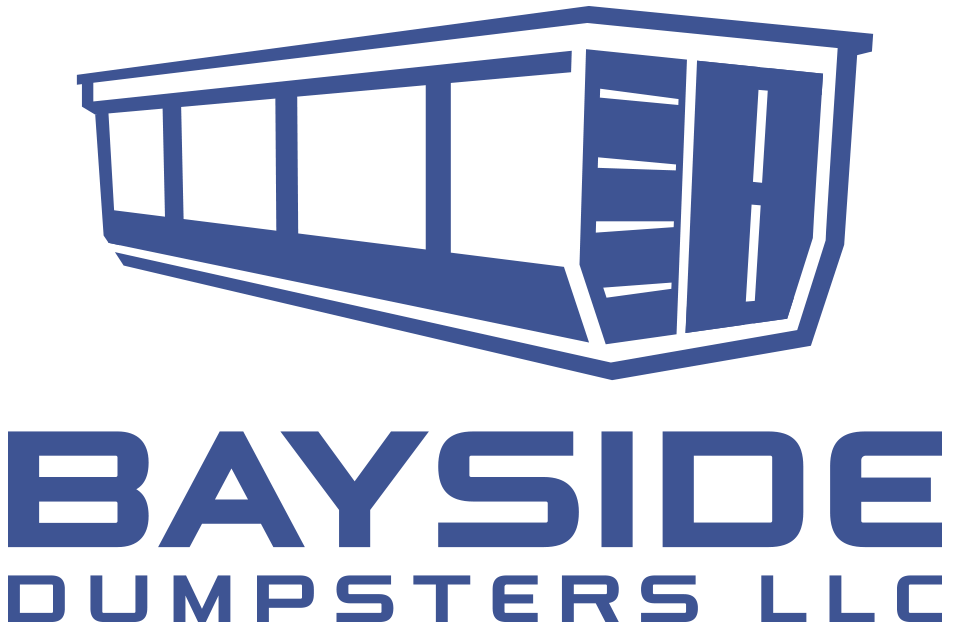What Kind of Yard Waste Can I Put in a Dumpster?
When it’s time to tackle a big landscaping project, a roll-off dumpster can make clean-up faster and more efficient. But before tossing everything in, it’s important to know what kinds of yard waste are typically allowed. Our 15-yard dumpsters are the perfect size for yard waste.
Most organic debris can go right into a roll-off dumpster. This includes grass clippings, leaves, branches, shrubs, weeds, and other plant trimmings. These items are lightweight and break down naturally, making them ideal candidates for disposal. Tree limbs and stumps are also accepted, though size and weight restrictions may apply depending on your dumpster rental provider.
Here’s a list of yard waste items one might consider throwing in a dumpster. Please check with your county for general information on what they define as acceptable yard waste. Here’s some info for Anne Arundel County and Prince George’s County.
Plant & Vegetation Waste
- Grass clippings
- Leaves (fresh, fallen, raked)
- Pine needles
- Pine cones
- Weeds (pulled or cut)
- Flower cuttings and trimmings
- Garden plants (annuals, perennials)
- Vegetable garden waste (stalks, vines, roots)
- Fruits and vegetables that fell from trees/plants
- Aquatic plants (water lilies, algae from ponds)
- Plant stalks (e.g., corn stalks, sunflower stalks)
Tree & Shrub Waste
- Small branches and sticks
- Large branches and limbs (cut or fallen)
- Tree trunks (cut to manageable size)
- Bark
- Wood chips
- Twigs
- Sawdust (from untreated wood)
- Tree stumps (smaller ones sometimes accepted)
- Pruned shrubs and hedge clippings
Yard & Garden Byproducts
- Dead flowers and bouquets (from outdoor plants)
- Potting soil (small amounts without chemicals)
- Old mulch (wood-based or leaf-based)
- Hay or straw (used in gardens/landscaping)
- Corn husks and cobs (from gardens)
- Pumpkin and gourd remains (seasonal yard waste)
Seasonal / Storm Debris
- Storm-damaged branches and limbs
- Wind-blown leaves
- Ice-damaged shrubbery
- Fallen fruit/nuts (apples, pears, acorns, walnuts, etc.)
- Holiday greenery (Christmas trees, wreaths, garlands made of natural material)
Items Not Usually Accepted as Yard Waste (but sometimes confused with it)
- Rocks, gravel, or dirt (unless very small amounts)
- Pressure-treated or painted wood
- Lumber, fencing, or decking materials
- Plastic flower pots, bags, or garden edging
- Metal stakes, wires, or fencing
- Food scraps (unless mixed in municipal composting programs)
- Animal waste or bedding
- Ashes or charcoal
- Synthetic mulch (rubber, dyed plastics)

In most municipalities, “yard waste” means organic, biodegradable material from outdoor vegetation, excluding soil, rocks, or construction debris.
Using a roll-off dumpster for yard waste is a simple, convenient way to keep your property clean and your project on track. Always confirm local rules to ensure proper disposal. Additionally, here’s some info on how much can fit in a 15-yard dumpster as well as the cost of a 15-yard dumpster in Maryland.
